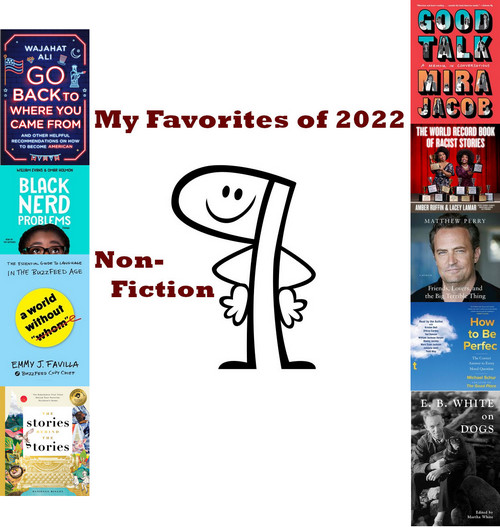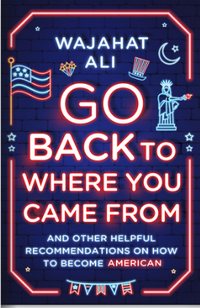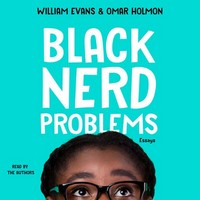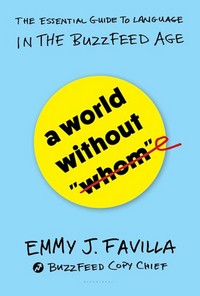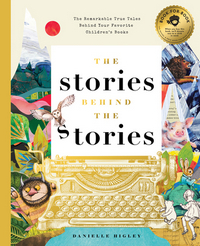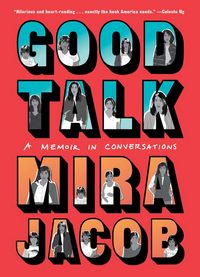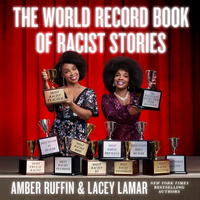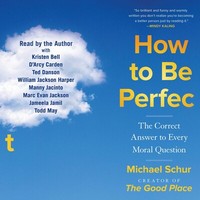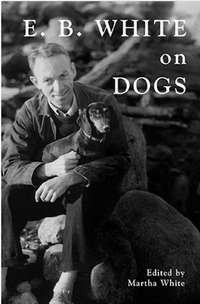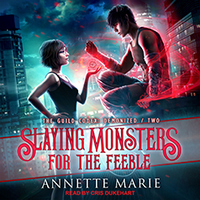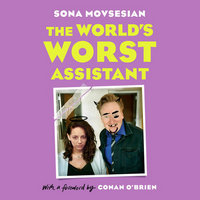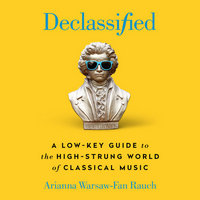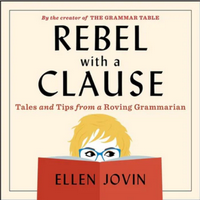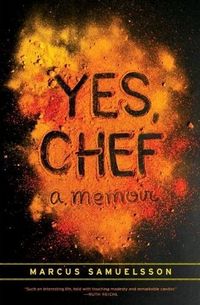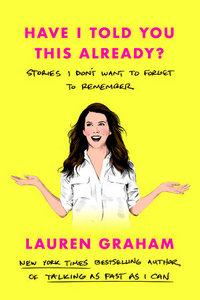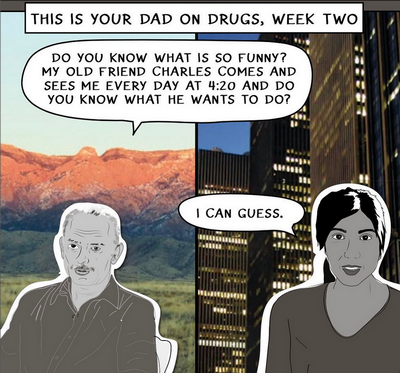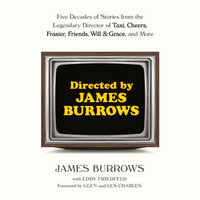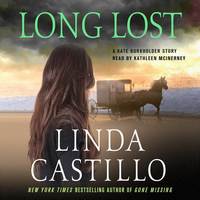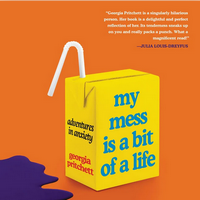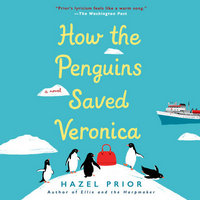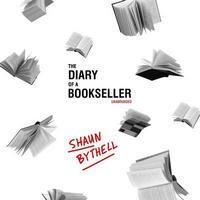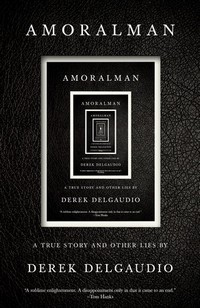by Marcus Samuelsson with Veronica Chambers
DETAILS:
Publisher: Random House
Publication Date: June 26, 2012
Format: Hardcover
Length: 315 pg.
Read Date: December 21-26, 2022


How I’m Going to Approach This
There is very little reason to believe that Veronica Chambers didn’t write this book. Obviously, Marcus Samuelsson provided the stories, the perspective, the passion, the insight—but I doubt he had much to do with the composition, the organization, and so on. I assume it’s his voice reflected in the style.
But the pronoun used to tell this life story is “I,” not “he.” Whatever agreement the two of them made didn’t even get her name on the cover (thankfully, subsequent editions do give her a “with” credit). She does get a couple of paragraphs devoted to her work in the acknowledgments, so there is that. Anyway, I’m going to follow along with the book and talk about “him” and “Samuelsson” when I talk about the book—but let’s all imagine a big asterisk each time I do, okay?
(I thought about actually putting an asterisk each time with a little footnote—but there’s the potential for that to get really messy)
What’s Yes, Chef About?
In Meki, the small farming village where ’m from, there are no roads. We are actually from an even smaller village than Meki, called Abrugandana, that does not exist on most maps. You go to Meki, take a right in the middle of nowhere, walk about five miles, and that is where we are from.
I really should think of another way to start off this post—because really, it’s all on the cover: “Marcus Samuelsson” and “A Memoir.”
This is about the life of Marcus Samuelsson—there’s a brief description of his life in Ethiopia for the first few years of his life. What he’s reconstructed about his mother, as well as her journey to get medical care for herself, Marcus, and his sister. She died before she could get help, but her children got the help, recovered, and were adopted by a wonderful Swedish couple. We spend a few chapters looking at his life in Sweden—family, friends, soccer, and then cooking—before moving on to him beginning his education and career.
He spends a lot of time on the early days of his training and career, talking about his struggles, his opportunities, his drive. There are highs and lows—somehow cooking for one chef’s dog becomes a high “I did my best. That old, ill-tempered retriever ate better than anybody: I’d take a piece of tenderloin, salt and pepper it and sauté it off quickly, then maybe put mustard on it.” Samuelsson’s attitude, optimism, humility (frequently self-conscious and/or self-imposed), and drive made a lot of these lows into highs—or at least not terribly low. We get a little bit about his personal life here—but not much. Part of that is because the focus is on Marcus Samuelsson the chef, but it’s also because Marcus Samuelsson the would-be chef sacrificed almost every moment of his life to become the chef he is.
Then he talks about his time in New York—the early struggles, the big opportunities, and how he (with help, he’s always quick to talk about everyone who helped). As we get to the last decade or so of his life, the chronological approach is largely discarded for a topical approach—reconnecting with his family in Ethiopia (and the foods of Africa), race in high-end restaurants, his wife, meeting his abandoned daughter, professional failures (big ones), preparing the first state dinner for President Obama, and his (then) new Harlem restaurant.
A case could be made that this entire book is a sales pitch and mission statement for that restaurant, Red Rooster. As that (at the point this book was written) was the pinnacle of his career, what the whole thing was leading to, that makes sense. It almost comes across as one of those books that presidential hopefuls publish right before they announce their candidacy. I do wonder a bit what this book would’ve looked like if he’d written it now, a full decade later, would the philosophy behind and mission of Red Rooster be as prominent, or would it be a stepping stone to whatever his new project is? Or would it get the same kind of treatment it did, with a “at the same time, X, allows me to express this, too” kind of feel?
Food
This food has as much integrity and power as any French food I’d ever eaten. Why did people fly in Dijon mustard when they could make their own, fresher and better? I started to ask myself, Who lied? Who started the lie that France had the greatest food in the world? That question ran through my head every time I bit into something new and that changed my notions of what “good food” is.
The book starts with an element of cooking—an Ethiopian spice mix—and it doesn’t stop from there. I doubt something about cooking, flavor, or food is mentioned on every page. But I’m going to say it’s on 95% of them. (and if you told me I was wrong and it was on every page, I would believe you). Part of this is the branding, but most of it is this is the way that Marcus Samuelsson looks at the world (that might be changing later in life, but from his teen years to the age he starts making time for family, that’s it).
Now, almost no one is going to pick up Samuelsson’s memoir unless they care about high-end cuisine, his particular type of cooking, or anything like that. No one is saying, “I love that guy’s taste in hats, I want to read about his life.”* This book will reward that food-conscious reader—I loved the parts about his training, the kitchen struggles, the story of working up through the ranks—and how he’s helping others through that process now. And the food? Wow. Anytime you read about someone caring so much about something—regardless of what it is—you can’t help but get energized about it.
* Sadly, there’s almost no discussion of his fashion choices—just his food—I could never pull off his style, but I wouldn’t mind picking up some tips on hat and shoe selection.
I’m not a gourmet—I enjoy watching chefs at work, hearing—and occasionally reading—about their work. But most of the food in this book would not be something I’d enjoy. That retriever’s dinner sounds pretty good to me—as does a lot of the street food Samuelsson tried out in his early NYC days, and the Ethiopian food he’s exposed to when he first visits. But the stuff that Samuelsson prepares? No thanks. I’ll read about it any day, but you can leave it off of my plate.
Before I forget, there’s a great story about this executive chef with multiple restaurants (at the time) being schooled by a woman in Ethiopia using a dented can as a ladle while preparing injera, “her words of encouragement were delivered with the patient tone you take with a not-so-gifted child.”
Race
Growing up when and where he did, Samuelsson knew he was different—but by and large (and he describes why), this wasn’t an issue for him until he left home. But doors were closed for him because of his race, and he knew it.
It’s worse in the U.S. than it was in Europe, but it wasn’t a cakewalk there.
Between his life experience, his success, and seeing other people’s struggles/successes, Samuelsson has a lot to say about race and its place in restaurants (front and back of house). Because of his upbringing, when it comes to the U.S., he’s an informed outsider—but when it’s about restaurant culture, he’s an insider through and through. He has valuable insights on both fronts.
The Organization of the Book
I would eventually learn that all chefs worth their mettle have their own styles and their own passions, but every single one of them can go from zero to asshole quicker than the average Joe. You have to be willing to be a jerk. Otherwise it’s not worth it, the years of apprenticeship, the never Wall Street—level money, the ungrateful diners, the misfit miscreants you count on to execute each service flawlessly, not to mention the prima donna behavior of all those raw ingredients—the coquettish egg whites that may or may not fluff properly for you today; the potatoes that may decide that today is the day that they will burn, not crisp; the tomatoes that didn’t ripen because of an unexpected heat wave. As a chef, you are at the mercy of the farmer, the butcher, the fishmonger, the weather, and God.
I thought I had more to say about this than I do, but I want to give a little time for this—when we get to fairly contemporary events, the book becomes more topical than chronological. I understand this to an extent—here’s all his professional failures, here’s his professional/personal failures, here’s his personal growth and failures, etc. Also, it’s harder to consider “current events” in your own life chronologically.
But I really wish that wasn’t the approach—all the backtracking makes it hard to track how this professional shortcoming feeds into this personal triumph (and vice versa). For me, that would’ve been better storytelling.
So, what did I think about Yes, Chef?
Food memories give people something to talk about—our food, our culture, our journey. The North Star here is Harlem. The restaurant had to be a place that honored and mirrored the mystique of the renaissance but showed the new Harlem—inclusive of both old and new. The menu had to tell the story of all of Harlem’s residents—Latin, Southern, Caribbean, Jewish, Italian. When I cook, I see faces: When I make meatballs, I see my grandmother and her smile. When I make my flan with condensed milk and whipped chocolate, I try to honor all the young Latinas from Spanish Harlem for whom this is a signature dish. My take on dirty rice—shrimp with curry rice—is a tribute to all of the many multiracial Jamaican families who are a mix of black, Indian, and Chinese. I want to do them all justice.
I ended up enjoying this more than I expected to—I picked it for a Reading Challenge because I knew a bit about Samuelsson having watched him on roughly 17,000 various things on Food Network and Netflix, and figured it couldn’t help but be an interesting read just for the biography part alone. But I really didn’t expect to connect with the food parts as much as I did (but I really should have)—and I thought what he said about the people, places, and history he’s connecting with and helping with Red Rooster was pretty inspiring.
I said that thing about a presidential campaign book earlier as kind of a quip, but I haven’t been able to get that out of my head. That’s really what this is—here’s Chef Marcus Samuelsson’s mission statement. If you’re on board with it, go visit his restaurant(s), try to think about these things as you cook yourself (or evaluate other people’s cooking).
If you’re into food at all—beyond fuel to keep going—you might want to give this a read. Samuelsson (and Chambers) will reward your time.

This post contains an affiliate link. If you purchase from it, I will get a small commission at no additional cost to you. As always, the opinions expressed are my own.

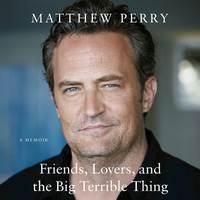 Friends, Lovers, and the
Friends, Lovers, and the

![]()



